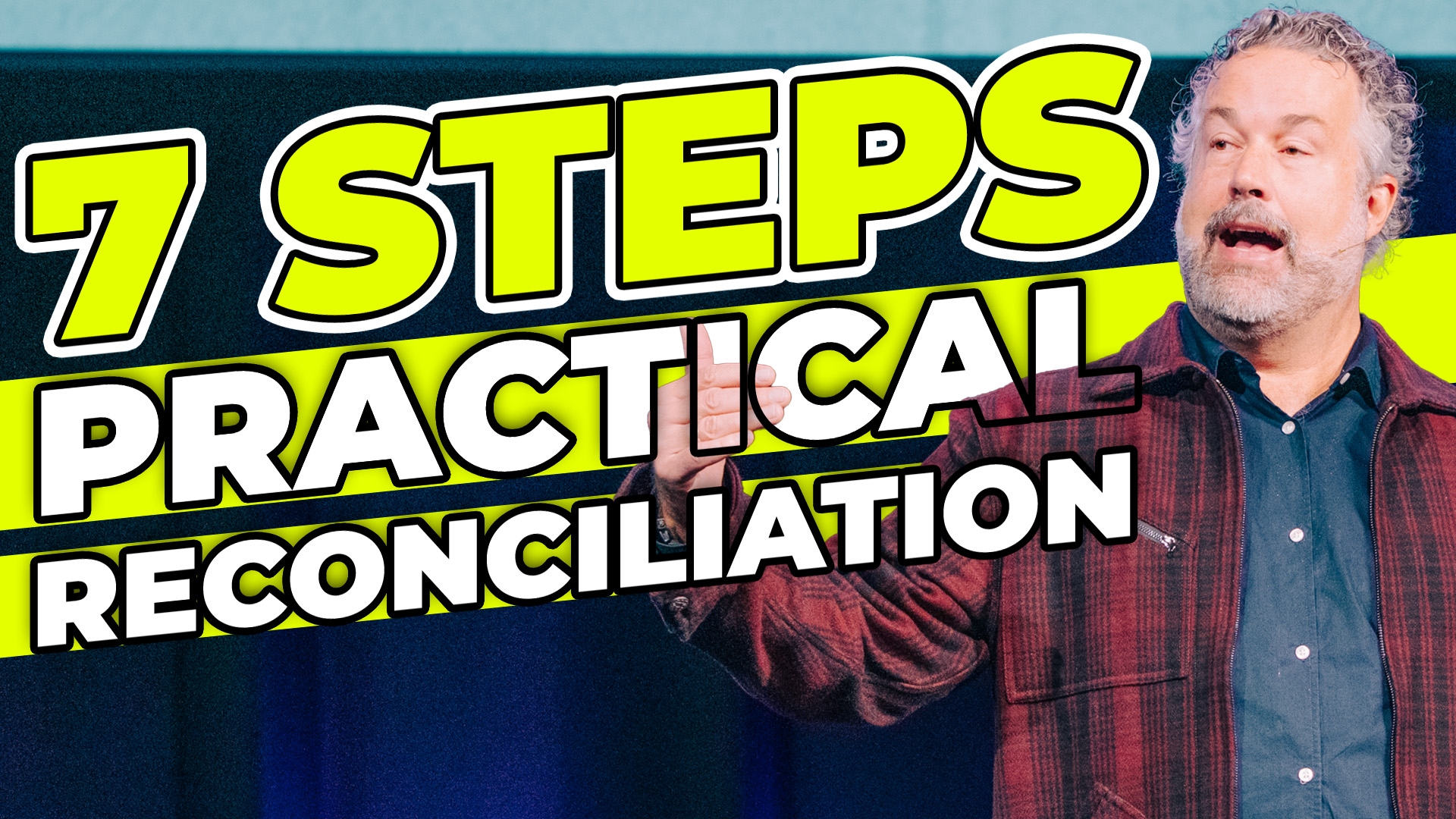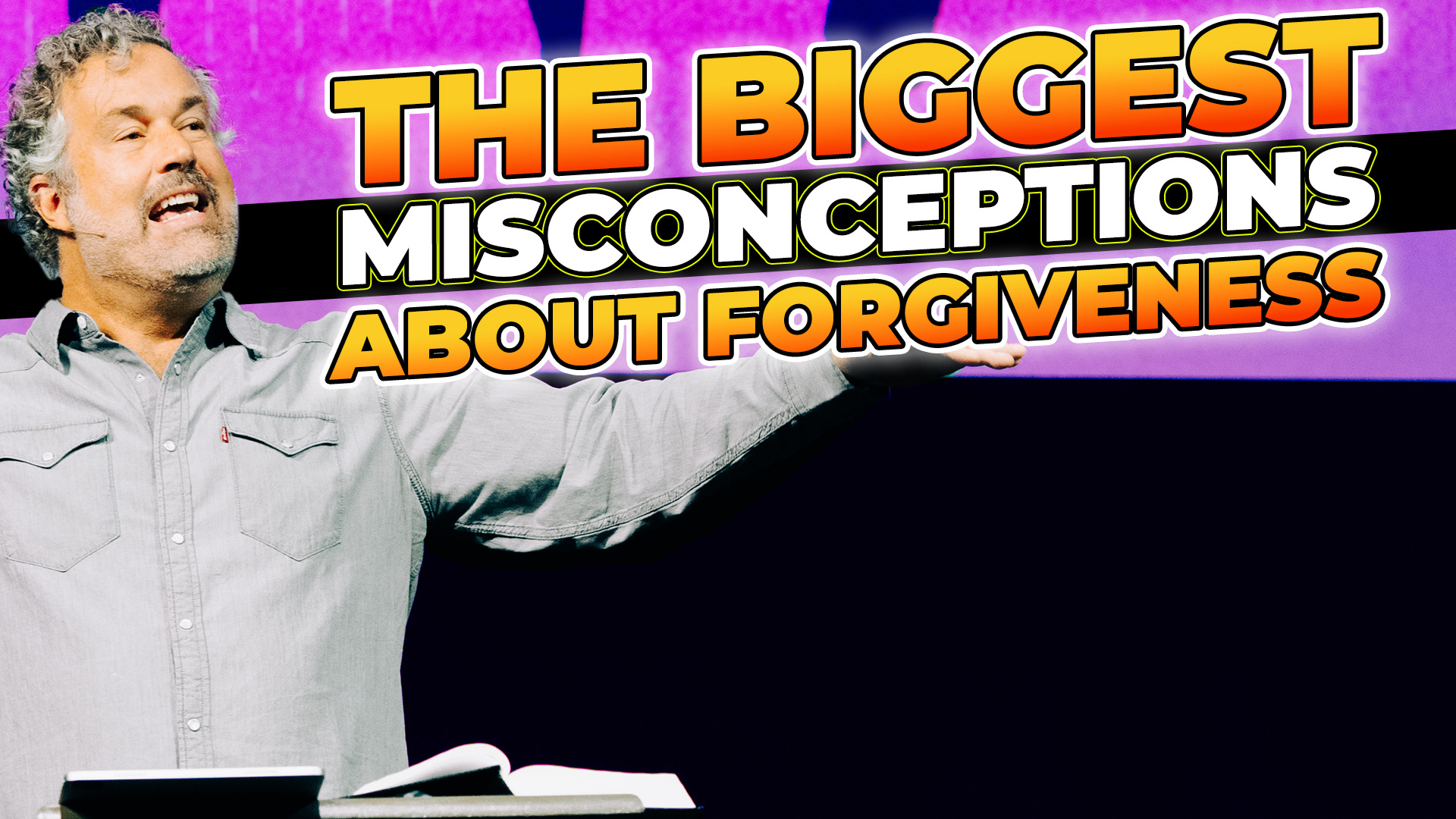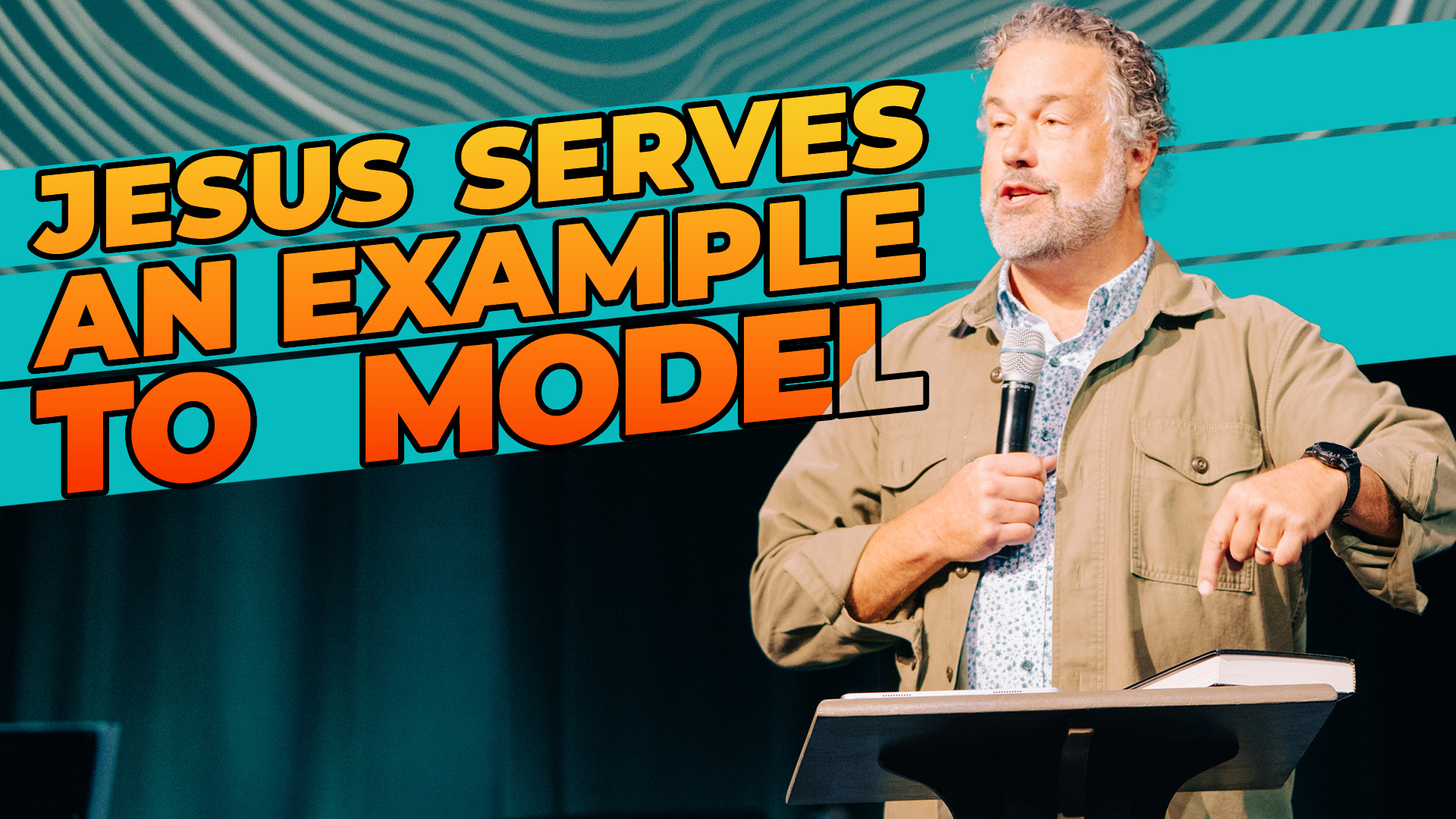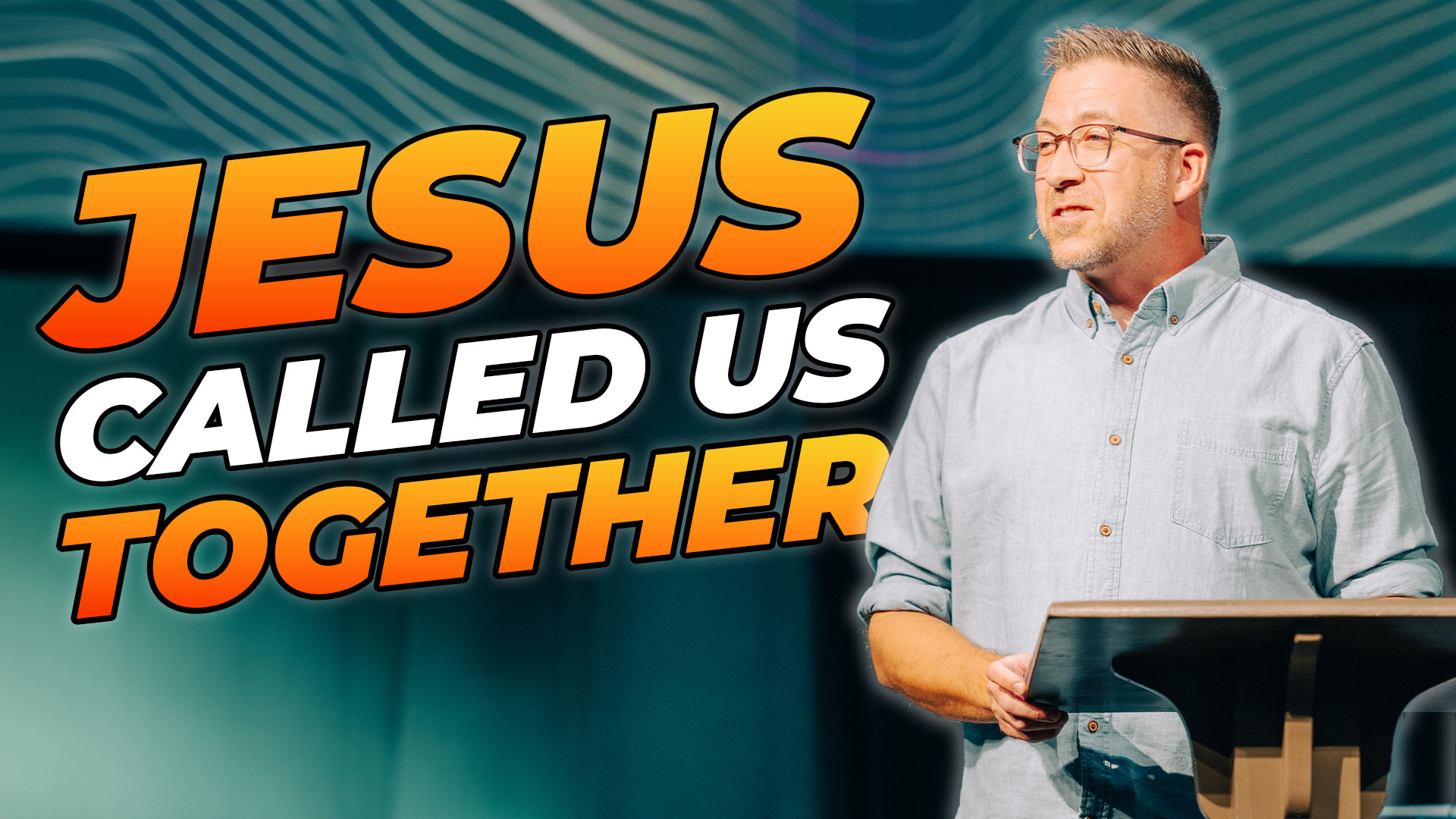Join us for a FREE Thanksgiving Dinner, Nov 27 CLICK HERE to learn more
Practical Advice for Forgiveness: 7 Biblical Steps for Reconciliation
By Steve Huber
This blog is adapted from a full sermon that you can watch or listen to useing the widgets above
The Foundation of Forgiveness
We’re in a series on forgiveness, and we’ve said that forgiveness is basic. Being a Christian is admitting you need forgiveness from God. Becoming a Christian means saying to God, “I need your forgiveness.” And so forgiveness is something we receive from the Lord.
Yes, it’s also basic in following Jesus. We’ve seen that Jesus asks us and commands us to forgive as we’ve been forgiven. Peter came up and asked Jesus, “If someone sins against me seven times and I forgive them seven times, is that good enough?” He’s expecting praise, but Jesus says, “Seventy-seven times.” It’s a symbolic number. It means ongoing forgiveness.
Given the importance of forgiveness, how do we have reconciliation conversations?
Forgiveness vs. Reconciliation
Forgiveness and reconciliation are different. Maybe you’ve done the inner work of forgiving the other person, but reconciliation happens when two people do the work of repentance and forgiveness together. It’s the work of rebuilding trust and relationship.
So, this sermon answers: What are the steps for pursuing gospel reconciliation?
7 Steps Toward Biblical Reconciliation
#1 - Prayerfully Decide Whether to Cover or Confront
Sometimes the right thing to do is simply cover an offense.
“Above all, keep loving one another earnestly, since love covers a multitude of sins.” – 1 Peter 4:8
Other times, you’re called to confront in love.
“If your brother sins, rebuke him, and if he repents, forgive him.” – Luke 17:3
Ask Yourself:
- How serious is the sin?
- Has it disrupted the relationship?
Covering means forgiving and not gossiping about it. Talking to others instead of the person spreads poison and creates division.
Pray for thick skin and soft hearts. Secure enough in Jesus to receive feedback but tender enough to care deeply for others.
#2 - Remember the Goal: Restoration
The goal isn’t to “get something off your chest.” It’s restoration—to God, to the other person, and for the health of the church.
“Brothers, if anyone is caught in any transgression, you who are spiritual should restore him in a spirit of gentleness.” – Galatians 6:1
Speak the truth in love. You can be right but still wrong if your tone and attitude aren’t loving.
#3 - Do the Internal Heart Work of Forgiveness First
Before the conversation, forgive in your heart.
“Forgive each other as the Lord has forgiven you.” – Colossians 3:13
This prepares your heart and softens your tone.
Forgiveness doesn’t mean immediate trust or ignoring justice—it means clarity. Like Rachel Denhollander, who forgave her abuser yet sought justice, we can forgive and uphold righteousness.
#4 - Go to the Person with Faith and Love
Jesus teaches in Matthew 5 and Matthew 18 that the ball is always in your court—whether you sinned or were sinned against. Avoid “silence” (burying conflict) and “violence” (attacking in anger). Instead, go with faith and love. Some of us need courage to stop avoiding hard conversations. Others need restraint to speak with gentleness. Both require the Holy Spirit.
#5 - Take Out What’s in Your Own Eye
Jesus said:
“First take the log out of your own eye, and then you will see clearly to take the speck out of your brother’s eye.” – Matthew 7:5
Own your part. Even if you think it’s only 5%, confess it humbly.
Say things like: “You’re right, that must have been hurtful.” and “Please forgive me for my impatience.”
Avoid fake apologies like “I’m sorry if that offended you.” Say, “I hurt you, and I’m sorry. Please forgive me.”
Maturity means admitting sin quickly and sincerely. This is a gospel issue—those who know they’re forgiven can freely confess.
#6 - Speak the Truth in Love
Address the other person’s fault with humility: “From my point of view, it seems like this happened, and it affected me this way.”
Focus on the issue, not their character. Use calm tones and specific examples. When they repent, say clearly, “I forgive you.” In the church, forgiveness should not feel awkward—it should be normal.
Be intentional about your tone and words. Reconciliation conversations are sacred ground where the Spirit works.
#7 - Do All That Depends on You and Trust God
Sometimes reconciliation isn’t mutual. The person may not respond. Romans 12 reminds us:
“If possible, so far as it depends on you, live peaceably with all.”
Do your part, forgive from the heart, and entrust the rest to God.
Living as a Community of Forgiveness
Larry Walker reminded us last week that our society at large lives with the model of, “We don’t cancel debts—we cancel people.” But Jesus canceled our debts at the cross:
“God forgave us all our trespasses by canceling the record of debt that stood against us, nailing it to the cross.” – Colossians 2:13–14
Because our debts are canceled, we’re called to cancel others’ debts.
In a couple of weeks, we’ll write down the names or situations where we’ve released others—leaving them at the cross, anonymously, as an act of worship.
Let’s be a community that practices forgiveness, reconciliation, and freedom through Jesus Christ.



